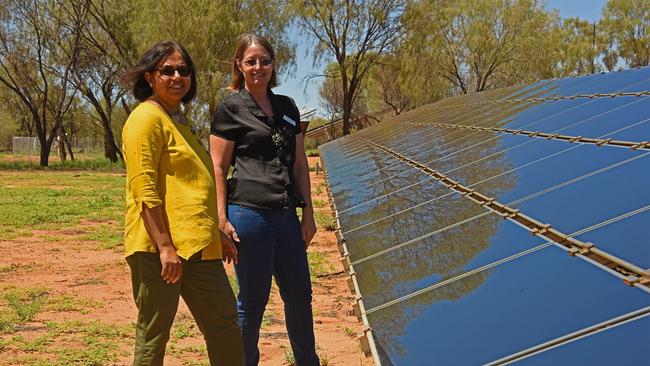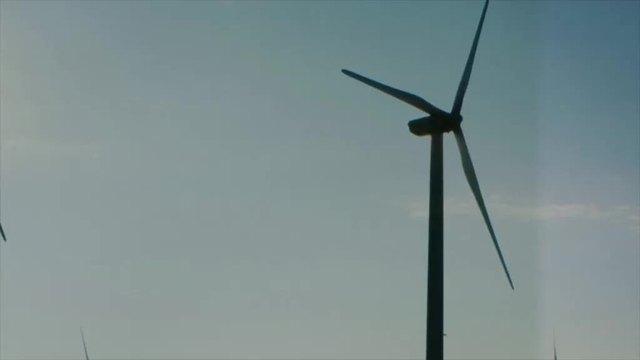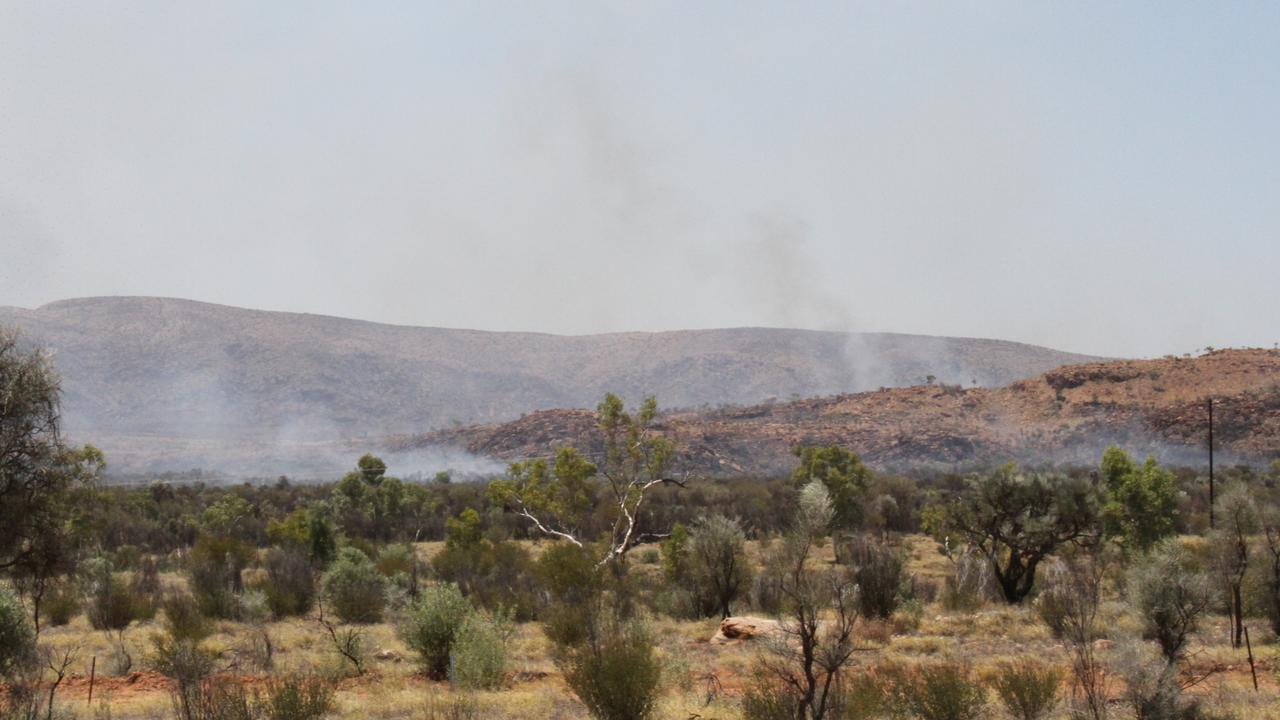Decommissioned solar panels to cause big waste problems in NT: Alice Springs researcher
AN Alice Springs researcher has warned that urgent action needs to be taken to minimise the environmental threat posed by thousands of solar panels that will be decommissioned in the next few years

Alice Springs
Don't miss out on the headlines from Alice Springs. Followed categories will be added to My News.
- Revealed: Red Centre coronavirus hotspot arrivals quarantined in hotels
- Calls to close Uluru airport and park due to ‘unacceptable risk’ of flights from coronavirus hot spots
AN Alice Springs researcher has warned that urgent action needs to be taken to minimise the environmental threat posed by thousands solar panels that will be decommissioned in the next few years.
CDU’s Northern Institute Research Fellow Dr Deepika Mathur said the “End-of-Life Management of Solar PV Panels” project was the first attempt to address the waste management issue in remote Australia, where vast distances added complexity to finding solutions.
“There’s a perception that everything made can be recycled, but it’s just not that easy. Solar panels were not made to be unmade,” Dr Mathur said.
She said photovoltaic panels had become a consumer item, much like a mobile phone.
“Working panels are being replaced as technological advances increase efficiency and reduce costs of new panels.”

“As the oldest panels are already reaching their end-of-life, there is a critical need to start planning for the dismantling, removal, collection and recycling phases of management.”
Minister for Renewables, Energy & Essential Services, Dale Wakefield said the NT Government co-funded the research undertaken by CDU and there is great potential in recycling.
“Recycling or repurposing solar PV panels can unlock raw materials and other valuable components. For example, globally, the value of recovered material could exceed over $15 billion by 2050,” she said
Dr Mathur raised the concerns during the Solar Waste Project Knowledge Sharing Seminar in Alice Springs, which heard that the capacity to offset some of the economic costs of recycling the NT’s solar PV waste appears limited and economies of scale difficult to achieve until at least the mid-2040s.
“One of our major concerns is that solar panels are being removed prematurely, which may bring forward the waste burden in the NT to 2025, rather than 2040,” she said. “Consumers are changing their PV panels after 10 to 12 years rather than their predicted end-of-working life of 20 to 25 years.

The report founds stakeholders called for the establishment of polices as a solution “in light of the lack of policy and regulations.”
The report also stated that solutions could be found in methods of recycling, extending the life of panels and making collection points for stockpiling PV panels.
The NT Government has set an ambitious target of 50 per cent renewable energy by 2030.
The Territory renewable energy target is 50 per cent of electricity consumed in 2030 from grid connected installations, including from rooftop photovoltaic (PV) generation and all Aboriginal communities supplied by Indigenous Essential Services.
LIMITED TIME > Discounted Centralian Advocate subscription: Read everythng for $1
The NT will hold the worlds biggest solar farm in Tennant Creek in an ambitious project to create energy for Singapore.
The 15,000 hectare project, which has attracted the interest of Australian billionaire Mike Cannon-Brookes’private investment arm Grok Ventures, would be the largest solar farm in the world.


